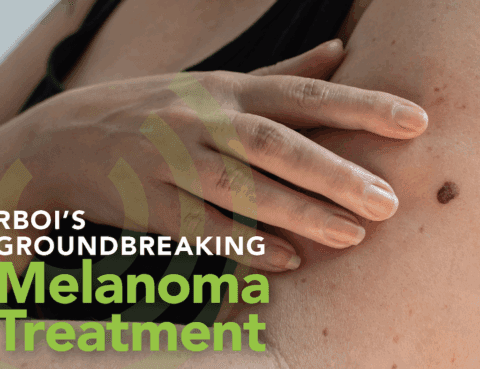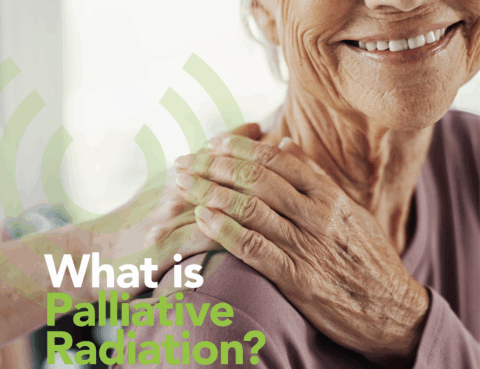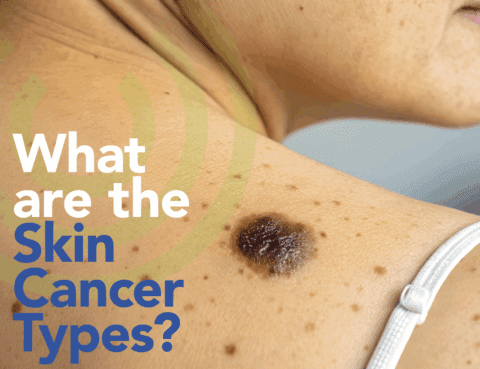
More than 20 years ago, RBOI founder Dr. Norman Anderson successfully treated a man whose metastatic melanoma had produced 23 brain lesions. Anderson performed whole brain
radiation, administering low doses twice a day. His discovery led to a study with 19 patients, whose melanomas together had metastasized to the brain, other areas of the head, neck, lung, abdomen, liver,
pelvis, and extremities, along with lymph nodes. They had all exhausted their other treatment options.

RBOI’s patient-centered treatment and support begin even before a cancer diagnosis is made. Our licensed clinical social workers help you navigate the screening and testing process and offer
emotional and practical support to you and your loved ones. That support extends from before diagnosis to after treatment, for as long as you need it.

Palliative care may be provided at any point during cancer care, from diagnosis to the end of life. When a person receives palliative care, they may continue to receive cancer treatment
View More
Basal cell carcinoma accounts for about 80 percent of skin cancers. It usually develops on the head and neck but can occur anywhere on the skin. Its main cause is
sun exposure. It also develops in people who received radiation therapy as children. It rarely spreads to other parts of the body.

Smoking (including secondhand smoke and smokeless tobacco, sometimes called “chewing tobacco” or “snuff”) is the largest
risk factor for getting head and neck cancer. And people who use both tobacco and alcohol are many times more likely to get head and neck cancer
than people with neither habit.

